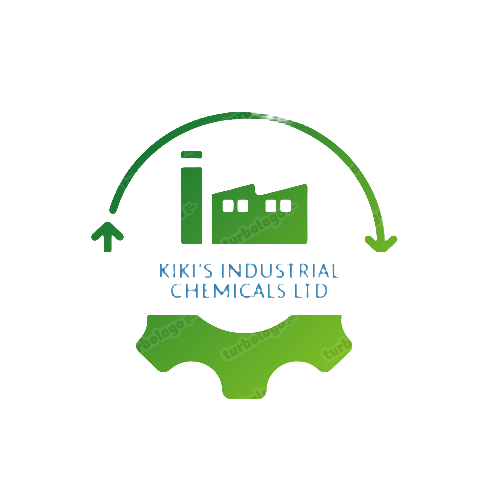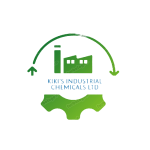Hydrochloric Acid in Nairobi Kenya
Hydrochloric acid (HCl) is a strong, corrosive acid that consists of hydrogen (H) and chlorine (Cl) atoms. It is a clear, colorless liquid with a pungent and sharp odor. HCl is one of the most important and widely used acids in various industries and applications. Here are some key points about hydrochloric acid:


Description
Hydrochloric acid (HCl) is a potent and highly reactive chemical compound composed of hydrogen and chlorine atoms. It is a colorless liquid with a strong, pungent odor and an unmistakable acidic taste. Known for its corrosive properties, HCl is capable of dissolving a variety of materials, particularly metals and metal oxides.
In its pure form, hydrochloric acid is a strong acid, meaning it has a high concentration of hydrogen ions (H+) when dissolved in water. This gives it a low pH value, often close to 0, making it highly acidic. Its extreme acidity makes it a versatile substance with numerous applications across different industries:
Chemical Manufacturing:
Hydrochloric acid is used in the production of a wide range of chemicals, including fertilizers, dyes, and pharmaceuticals. It serves as a starting material for the synthesis of various compounds.
Metallurgy:
It plays a crucial role in metal industries as a pickling agent. HCl is used to remove rust, scale, and other impurities from metal surfaces, preparing them for further processing.
Food Processing:
In the food industry, hydrochloric acid is utilized for pH adjustment, food processing, and the production of additives. It aids in maintaining the desired pH levels in certain food products.
Water Treatment:
HCl is employed to adjust the pH of water in industrial and municipal water treatment processes. It can neutralize alkaline substances and prevent the buildup of scale in pipelines.
Laboratory Usage:
In laboratories, hydrochloric acid is commonly used to adjust the pH of solutions, facilitate chemical reactions, and perform qualitative and quantitative analyses.
Despite its practical applications, hydrochloric acid should be handled with caution due to its corrosive nature. It can cause severe burns to the skin and eyes upon contact, and inhaling its vapors can lead to respiratory irritation. Safety measures such as wearing protective equipment, working in well-ventilated areas, and following proper handling and disposal protocols are essential when dealing with HCl.
Applications of Hcl
Hydrochloric acid (HCl) finds a wide range of applications across various industries due to its strong acidic properties and versatility. Here are some of the key applications of hydrochloric acid:
Chemical Manufacturing:
- HCl is used as a raw material in the production of numerous chemicals, including chlorine-based compounds, hydrochlorides, and other industrial chemicals.
- It serves as a catalyst or reactant in various chemical reactions, such as in the synthesis of organic and inorganic compounds.
Metallurgy and Metal Cleaning:
- HCl is commonly used for pickling and cleaning metal surfaces, particularly steel, to remove rust, scale, and other impurities.
- It helps prepare metal surfaces for subsequent processes like plating, coating, or welding.
Food Industry:
- Hydrochloric acid is utilized in the food industry for pH adjustment, primarily in the production of canned fruits and vegetables.
- It plays a role in the production of food additives, such as gelatin and citric acid.
Water Treatment:
- HCl is used to adjust the pH of water in water treatment processes, both industrial and municipal. It helps neutralize alkaline substances and balance water chemistry.
- It can prevent the buildup of scale and corrosion in pipelines and equipment.
Laboratory and Chemical Analysis:
- In laboratories, hydrochloric acid is a common reagent for adjusting the pH of solutions and facilitating chemical reactions.
- It is used in qualitative and quantitative chemical analyses, particularly in processes like titration.
Oil and Gas Industry:
- In the oil and gas sector, hydrochloric acid is used for well acidizing, a process that involves injecting acid into oil or gas wells to improve productivity by dissolving rock and scale deposits that may restrict flow.
Regeneration of Ion Exchange Resins:
- In water treatment and chemical processing, ion exchange resins are used to remove impurities. Hydrochloric acid is used to regenerate these resins by removing the accumulated contaminants.
pH Regulation in Swimming Pools:
- In swimming pool maintenance, hydrochloric acid is employed to lower the pH and total alkalinity of the water, ensuring proper water balance and sanitization.
Synthetic Chemistry:
- HCl is used as a proton source in various synthetic chemical reactions, enabling the formation of new compounds and functional groups.

